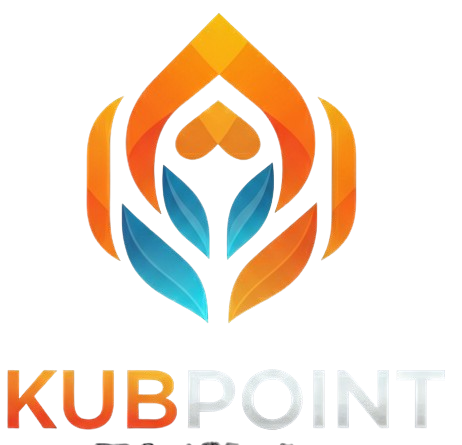Nick Durkin, Field CTO at Harness, explains why as artificial intelligence (AI) tools are relied on more to create code, it’s now only a matter of time before bottlenecks in existing DevOps workflows become exacerbated to the point where they need to be re-engineered.
Durkin noted that while AI is generating more code, organizations are not necessarily moving faster. In fact, industry reports show a slight slowdown, along with an uptick in bugs. The challenge, he said, lies in making it easier for engineers to do the right thing while putting guardrails in place to prevent errors, regardless of whether the code was written by a developer or an AI.
One issue is the proliferation of pipelines. In the past, teams often created a separate pipeline for every application, leading to thousands of variations that were difficult to manage. Durkin argued for a template-driven approach, where reusable pipelines with built-in policies make failures visible early and allow fixes to be made quickly — more like a video game that encourages iteration than a static approval process.
The rise of AI, he added, puts pressure on organizations to modernize their CI/CD platforms. Instead of stitching together dozens of tools, companies need scalable pipelines that can be automated and reused, with AI assisting in tasks such as test generation, troubleshooting and infrastructure management. The goal is to remove repetitive work so engineers can focus on higher-value problems.
Durkin also addressed the paradox that while AI can speed up some tasks, it may still extend delivery timelines. He sees this as part of a broader shift toward platform engineering, where context and governance matter more than raw speed. Increasingly, these conversations are moving beyond engineering leadership to CEOs, COOs and boards, as software delivery becomes central to business competitiveness.
Ultimately, Durkin emphasized that AI won’t replace the fundamentals of software delivery but will change how organizations approach them. Success will depend less on how much code is produced and more on how effectively pipelines, policies and platforms channel that output into secure, reliable applications. In his view, the companies that thrive will be those that treat AI as an accelerator for disciplined practices rather than a shortcut around them.

